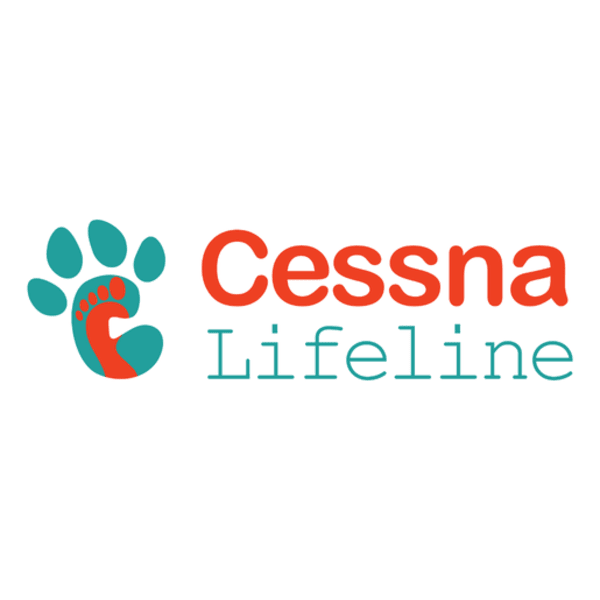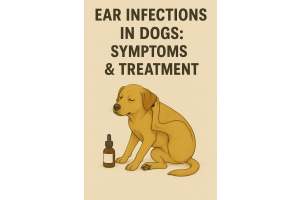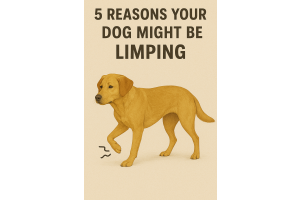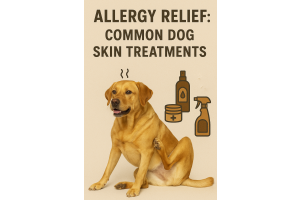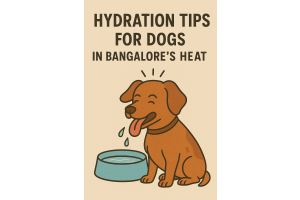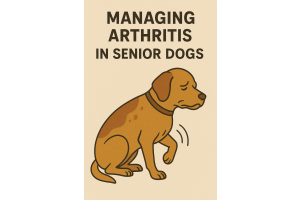How Often Should You Clean Your Dog’s Teeth?
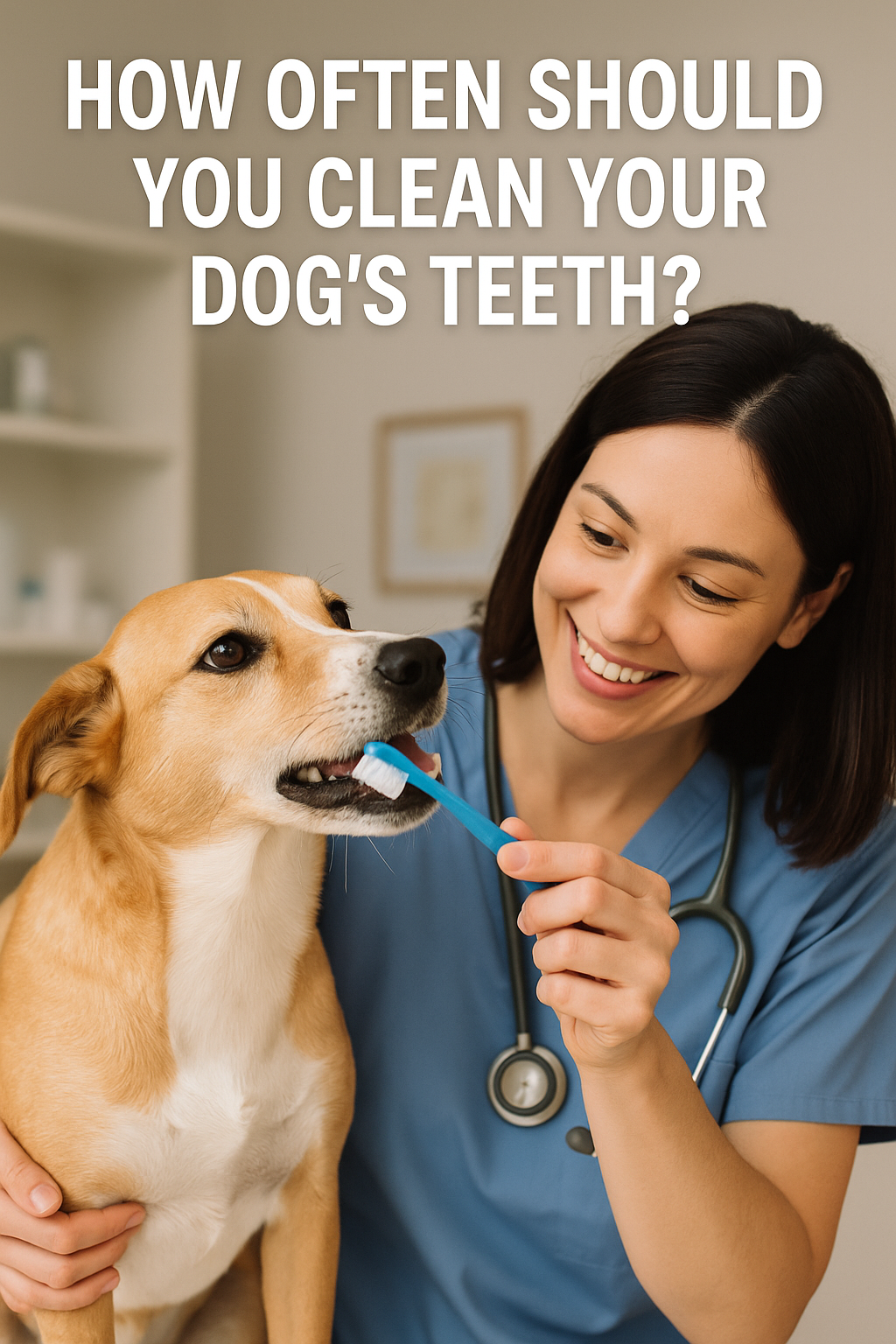
Many pet parents in Bangalore know the importance of regular vaccinations and vet visits, but dental health often gets overlooked. Just like us, dogs need proper dental care to maintain their overall health and well-being. Poor oral hygiene can lead to painful infections, bad breath, and even serious conditions affecting the heart, kidneys, and liver.
So, how often should you clean your dog’s teeth, and what’s the best way to do it? In this guide, we’ll explore the answers to these questions and explain how Cessna Lifeline Veterinary Hospital can help you keep your dog’s smile healthy and bright.
Why Is Dental Care Important for Dogs?
Dental diseases are one of the most common health problems in dogs. According to veterinary studies, more than 80% of dogs over the age of three suffer from some form of periodontal (gum) disease.
Here’s why dental care is crucial:
-
Prevents pain and discomfort: Plaque and tartar buildup can cause gum inflammation, loose teeth, and severe pain.
-
Reduces risk of systemic diseases: Bacteria from the mouth can enter the bloodstream and affect vital organs.
-
Improves overall health and longevity: Maintaining oral hygiene contributes to a longer, healthier life.
How Often Should You Clean Your Dog’s Teeth at Home?
Ideally, you should brush your dog’s teeth daily. However, for many pet parents, brushing every day can be challenging. If daily brushing isn’t possible, aim for at least three to four times per week.
Daily brushing helps:
-
Prevent plaque from hardening into tartar
-
Freshen your dog’s breath
-
Keep gums healthy and teeth strong
Use a dog-specific toothbrush and toothpaste (never human toothpaste, as it contains ingredients harmful to dogs).
Signs That Your Dog Needs Dental Cleaning
Even with regular brushing, your dog may still require professional dental cleanings. Watch out for these warning signs:
-
Bad breath
-
Yellow or brown buildup on teeth
-
Red or bleeding gums
-
Difficulty eating or chewing
-
Excessive drooling
-
Pawing at the mouth
If you notice any of these signs, schedule a dental check-up as soon as possible.
How Often Should Your Dog Get Professional Dental Cleaning?
While home brushing is crucial, it’s not enough on its own. Dogs typically need professional dental cleanings at least once a year, though some may require more frequent cleanings depending on:
-
Age
-
Breed (smaller breeds often need more frequent cleanings)
-
Diet and chewing habits
-
Overall health
At Cessna Lifeline Veterinary Hospital, dental check-ups and cleanings are customized based on each dog’s specific needs. Your vet will evaluate your dog’s oral health and recommend the most suitable cleaning schedule.
What Happens During a Professional Dental Cleaning?
A professional dental cleaning at Cessna Lifeline Veterinary Hospital involves:
1. Pre-procedure Examination
A thorough health assessment and sometimes blood tests are performed to ensure your dog is fit for anesthesia.
2. Anesthesia
Dental cleaning in dogs requires general anesthesia to allow a thorough examination and cleaning without stress or pain.
3. Scaling and Polishing
The vet removes plaque and tartar from both above and below the gum line using specialized ultrasonic tools. The teeth are then polished to smooth the surface and slow down future plaque accumulation.
4. Dental X-rays
In many cases, X-rays are done to check the health of teeth and roots below the gum line.
5. Extractions (If Necessary)
If a tooth is severely damaged or infected, the vet may recommend extraction to prevent further issues.
6. Post-cleaning Care
After the procedure, your dog will be monitored as they recover from anesthesia. Your vet will give you instructions for home care and follow-up visits.
How to Maintain Your Dog’s Dental Health at Home
In addition to regular brushing and professional cleanings, here are more ways to help keep your dog’s teeth healthy:
Dental Chews and Toys
Chewing on dental chews and certain toys can help reduce plaque and massage the gums. Choose products approved by your veterinarian.
Dental Diets
Some specialized dog foods are designed to support dental health by reducing plaque and tartar buildup.
Oral Rinses or Water Additives
Your vet might recommend safe oral rinses or water additives to help control bacteria and freshen breath.
Regular Inspections
Make it a habit to check your dog’s mouth weekly. Look for red gums, broken teeth, or unusual growths.
Why Choose Cessna Lifeline Veterinary Hospital for Dental Care?
When it comes to pet dental cleaning in Bangalore, Cessna Lifeline Veterinary Hospital offers comprehensive and compassionate care. Here’s why pet parents trust them:
-
Experienced veterinary dentists: Skilled professionals who specialize in veterinary dentistry.
-
Advanced equipment: State-of-the-art dental tools and facilities ensure thorough and safe cleanings.
-
Customized care: Personalized dental plans based on your dog’s age, breed, and health condition.
-
Emphasis on safety: Strict anesthesia protocols and continuous monitoring for your dog’s safety and comfort.
Myths About Dog Dental Care
Myth 1: "Dry kibble alone keeps teeth clean."
While certain dental diets help, kibble alone does not remove plaque or tartar effectively. Brushing and professional cleanings are still necessary.
Myth 2: "Bad breath is normal for dogs."
Bad breath is a sign of dental disease and should not be ignored.
Myth 3: "Older dogs can’t be anesthetized safely for dental cleaning."
Age alone is not a reason to avoid dental cleaning. Vets at Cessna Lifeline Veterinary Hospital carefully assess senior dogs and use modern anesthesia techniques to minimize risks.
The Link Between Dental Health and Overall Health
Good dental hygiene isn’t just about fresh breath and clean teeth. Bacteria from the mouth can travel through the bloodstream, leading to infections in the heart (endocarditis), kidneys, and liver.
By prioritizing dental care, you’re not only improving your dog’s oral health but also supporting their overall well-being and longevity.
Final Thoughts
So, how often should you clean your dog’s teeth? The answer is daily brushing at home combined with annual professional cleanings.
With guidance from a trusted veterinary team like Cessna Lifeline Veterinary Hospital, you can create an effective dental care routine tailored to your dog’s needs. Keeping up with dental health means fewer future problems, less pain for your furry friend, and more happy years together.
A healthy smile truly is a window into your dog’s overall health — and as a pet parent, that’s one of the best gifts you can give them.
